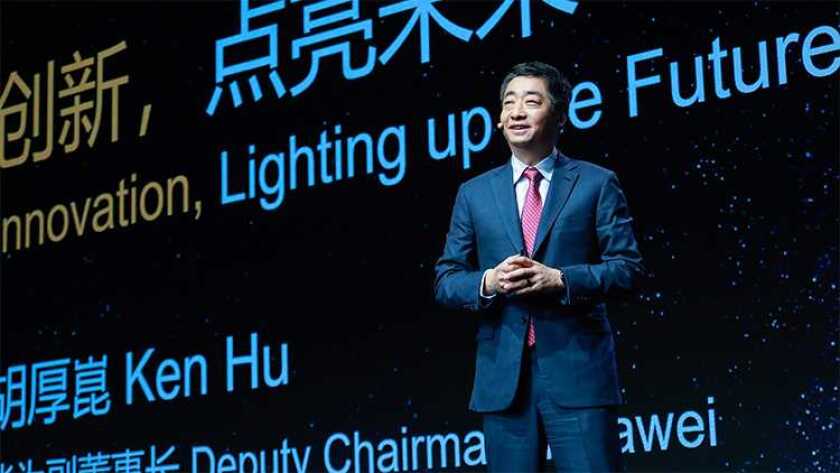The centre, in Dongguan, in Guangdong province, is a move in what the company calls its drive to improve cyber security around the world.
“Cyber security is more important than ever,” said Ken Hu (pictured), Huawei’s rotating chairman, at the opening of the Dongguan centre. “As an industry, we need to work together, share best practices, and build our collective capabilities in governance, standards, technology, and verification.”
The move comes after a number of years when Huawei’s equipment has been criticised on security grounds. Three years ago the UK’s Huawei Cyber Security Evaluation Centre (HCSEC), which is funded by Huawei but staffed by security experts from the UK intelligence community, said Huawei equipment had shortcomings that may pose threats to telecoms networks in the country.
A year later the HCSEC said it had discovered “several hundred vulnerabilities and issues” that it has reported to UK operators in the previous year. “Some vulnerabilities identified in previous versions of products continue to exist,” it added in its report.
At the time Huawei pointed to a decision “to carry out a companywide transformation programme aimed at enhancing our software engineering capabilities, with an initial budget of $2 billion”. But the HCSEC said that was not enough.
Even worse for Huawei, the US put the company on its entity list, forbidding US companies and citizens from trading with it. The moves began under Donald Trump’s presidency, and have continued under Joe Biden.
Today Huawei said it had released its Product Cyber Security Baseline, said to be its best-practice framework. “It’s the first time the company has made available its practices available to the industry as a whole,” said Huawei.
“These actions are part of the company’s broader efforts to engage with customers, suppliers, standards organisations, and other stakeholders to jointly strengthen cyber security across the industry.”
Hu said: “We need to give both the general public and regulators a reason to trust in the security of the products and services they use on a daily basis. Together, we can strike the right balance between security and development in an increasingly digital world.”
The new Dongguan centre “demonstrates solutions, facilitates communication, joint innovation, and supports security testing and verification”, said Huawei. “It will be open to regulators, independent third-party testing organisations, and standards organisations, as well as Huawei customers, partners, and suppliers.”
GSMA director general Mats Granryd welcomed the move. “The delivery of existing and new services in the 5G era will rely heavily on the connectivity provided by mobile networks and will fundamentally depend on the underlying technology being secure and trusted,” he said.






